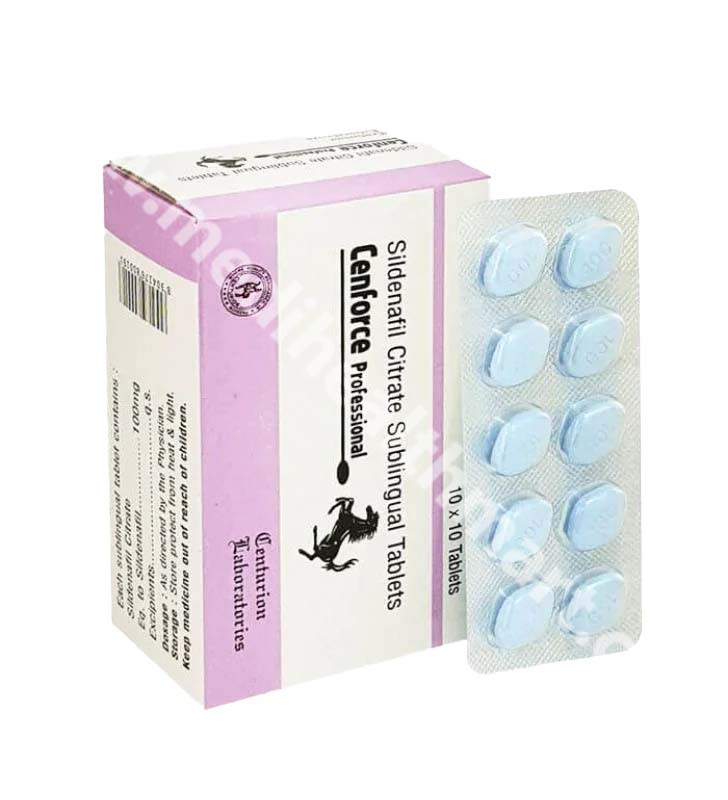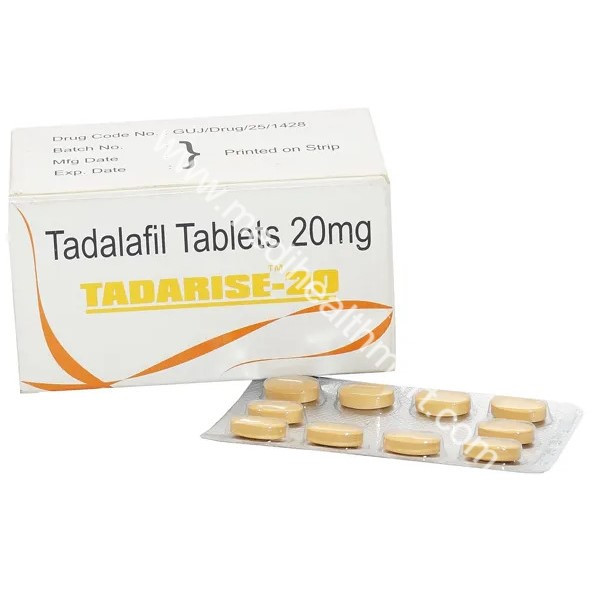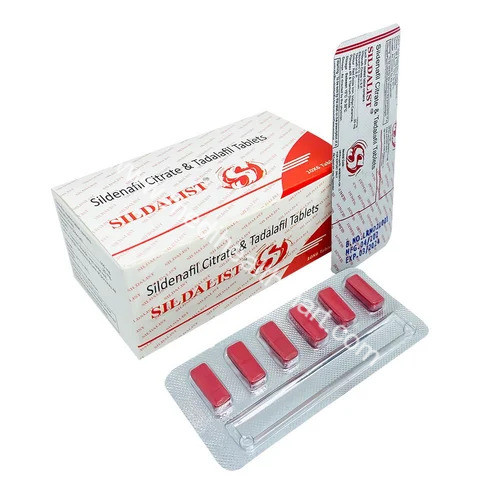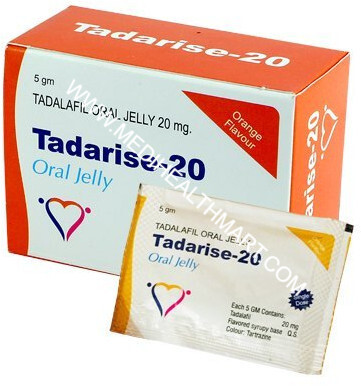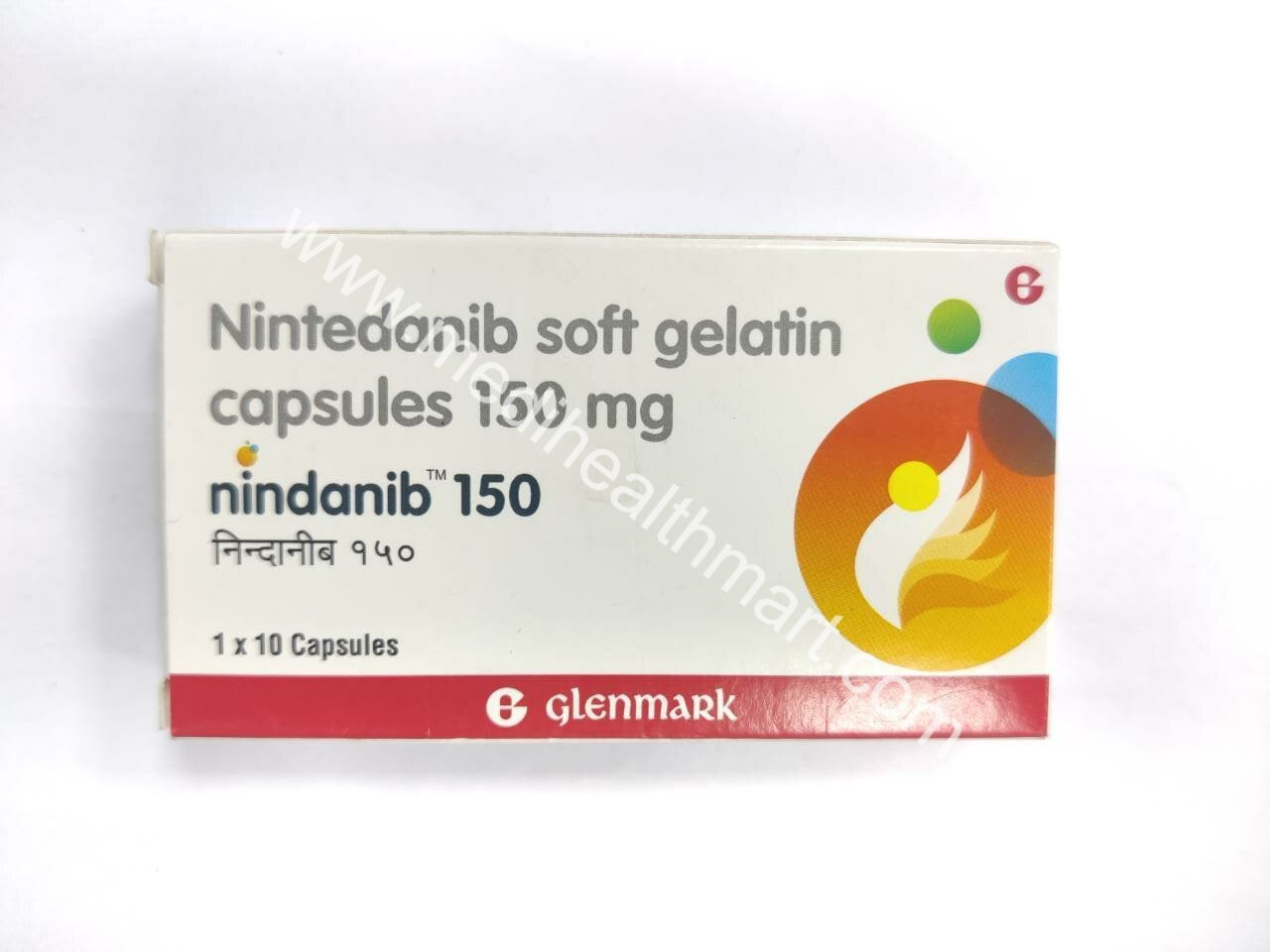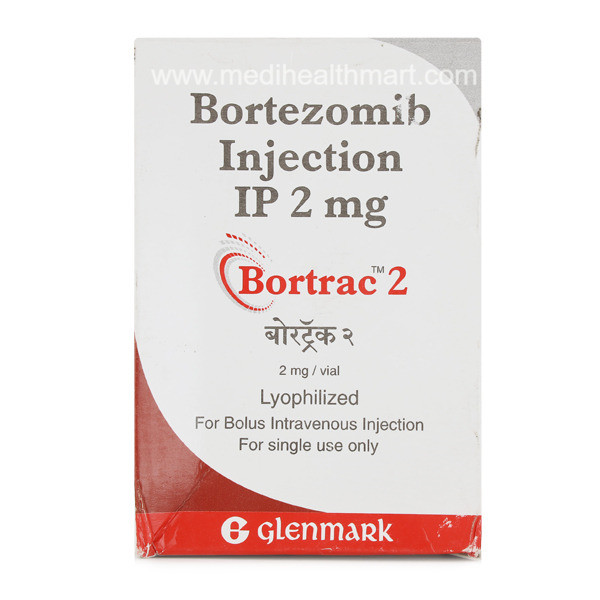

Bortrac 2mg
Bortrac 2 mg Tablet contains Bortezomib, a potent proteasome inhibitor used in the treatment of multiple myeloma and mantle cell lymphoma. By inhibiting the proteasome, Bortezomib interferes with the cancer cell's ability to degrade proteins, causing an accumulation of damaged proteins that triggers cell death, specifically targeting cancerous cells.
Bortrac is administered as part of a chemotherapy regimen, either as a standalone therapy or in combination with other anticancer drugs, for patients with blood cancers such as multiple myeloma and lymphoma. It is effective in managing these conditions, reducing tumor growth, and improving the patient's overall prognosis.
Uses of Bortrac 2 mg
✅ Multiple Myeloma — a type of blood cancer affecting plasma cells in the bone marrow
✅ Mantle Cell Lymphoma (MCL) — a rare and aggressive type of non-Hodgkin lymphoma
✅ Relapsed/Refractory Cancers — Bortrac is effective for patients whose cancer has returned or is resistant to other treatments
Key Benefits
-
Targets cancerous cells effectively, leading to tumor reduction and stabilization
-
Often part of combination therapy, increasing effectiveness when paired with other drugs
-
Helps manage advanced or relapsed multiple myeloma and mantle cell lymphoma
-
Can be used in outpatient settings, though with close monitoring for side effects
-
Well-supported by clinical studies as a critical drug in blood cancer management
How Bortrac Works
Bortezomib, the active ingredient in Bortrac, works by inhibiting the proteasome, a complex responsible for breaking down proteins within cells. This inhibition leads to an accumulation of damaged proteins, which causes stress within cancer cells. Eventually, this triggers apoptosis (programmed cell death) in the cancerous cells, thereby reducing the growth of tumors and cancer cell populations.
Bortezomib specifically targets rapidly dividing cells, such as cancer cells, making it highly effective against blood cancers like multiple myeloma and mantle cell lymphoma. Its use has become standard in the treatment of these cancers due to its potent effects on cancer cell survival.
Dosage & Administration
-
Dosage: Bortrac 2 mg tablets are typically given as twice-weekly doses during the first 2 weeks of each 21-day cycle.
-
The specific dosage and frequency depend on the patient’s overall health, type of cancer, and whether it’s a standalone treatment or part of a combination regimen.
-
Bortrac is administered under medical supervision, and regular blood tests are needed to monitor for side effects and treatment response.
-
In combination therapy, the drug may be paired with other medications like dexamethasone or cyclophosphamide.
-
$69.00 - $99.00
-
$79.00 - $181.00
-
$59.00 - $95.00
-
$60.00 - $183.00
-
$45.00 - $121.00
-
$95.00 - $200.00
Reviews & Ratings
Bortrac 2 mg Tablet contains Bortezomib, a potent proteasome inhibitor used in the treatment of multiple myeloma and mantle cell lymphoma. By inhibiting the proteasome, Bortezomib interferes with the cancer cell's ability to degrade proteins, causing an accumulation of damaged proteins that triggers cell death, specifically targeting cancerous cells.
Bortrac is administered as part of a chemotherapy regimen, either as a standalone therapy or in combination with other anticancer drugs, for patients with blood cancers such as multiple myeloma and lymphoma. It is effective in managing these conditions, reducing tumor growth, and improving the patient's overall prognosis.
Uses of Bortrac 2 mg
✅ Multiple Myeloma — a type of blood cancer affecting plasma cells in the bone marrow
✅ Mantle Cell Lymphoma (MCL) — a rare and aggressive type of non-Hodgkin lymphoma
✅ Relapsed/Refractory Cancers — Bortrac is effective for patients whose cancer has returned or is resistant to other treatments
Key Benefits
-
Targets cancerous cells effectively, leading to tumor reduction and stabilization
-
Often part of combination therapy, increasing effectiveness when paired with other drugs
-
Helps manage advanced or relapsed multiple myeloma and mantle cell lymphoma
-
Can be used in outpatient settings, though with close monitoring for side effects
-
Well-supported by clinical studies as a critical drug in blood cancer management
How Bortrac Works
Bortezomib, the active ingredient in Bortrac, works by inhibiting the proteasome, a complex responsible for breaking down proteins within cells. This inhibition leads to an accumulation of damaged proteins, which causes stress within cancer cells. Eventually, this triggers apoptosis (programmed cell death) in the cancerous cells, thereby reducing the growth of tumors and cancer cell populations.
Bortezomib specifically targets rapidly dividing cells, such as cancer cells, making it highly effective against blood cancers like multiple myeloma and mantle cell lymphoma. Its use has become standard in the treatment of these cancers due to its potent effects on cancer cell survival.
Dosage & Administration
-
Dosage: Bortrac 2 mg tablets are typically given as twice-weekly doses during the first 2 weeks of each 21-day cycle.
-
The specific dosage and frequency depend on the patient’s overall health, type of cancer, and whether it’s a standalone treatment or part of a combination regimen.
-
Bortrac is administered under medical supervision, and regular blood tests are needed to monitor for side effects and treatment response.
-
In combination therapy, the drug may be paired with other medications like dexamethasone or cyclophosphamide.
Frequently Brought Products
-
$69.00 - $99.00
-
$79.00 - $181.00
-
$59.00 - $95.00
-
$60.00 - $183.00
-
$45.00 - $121.00
-
$95.00 - $200.00











